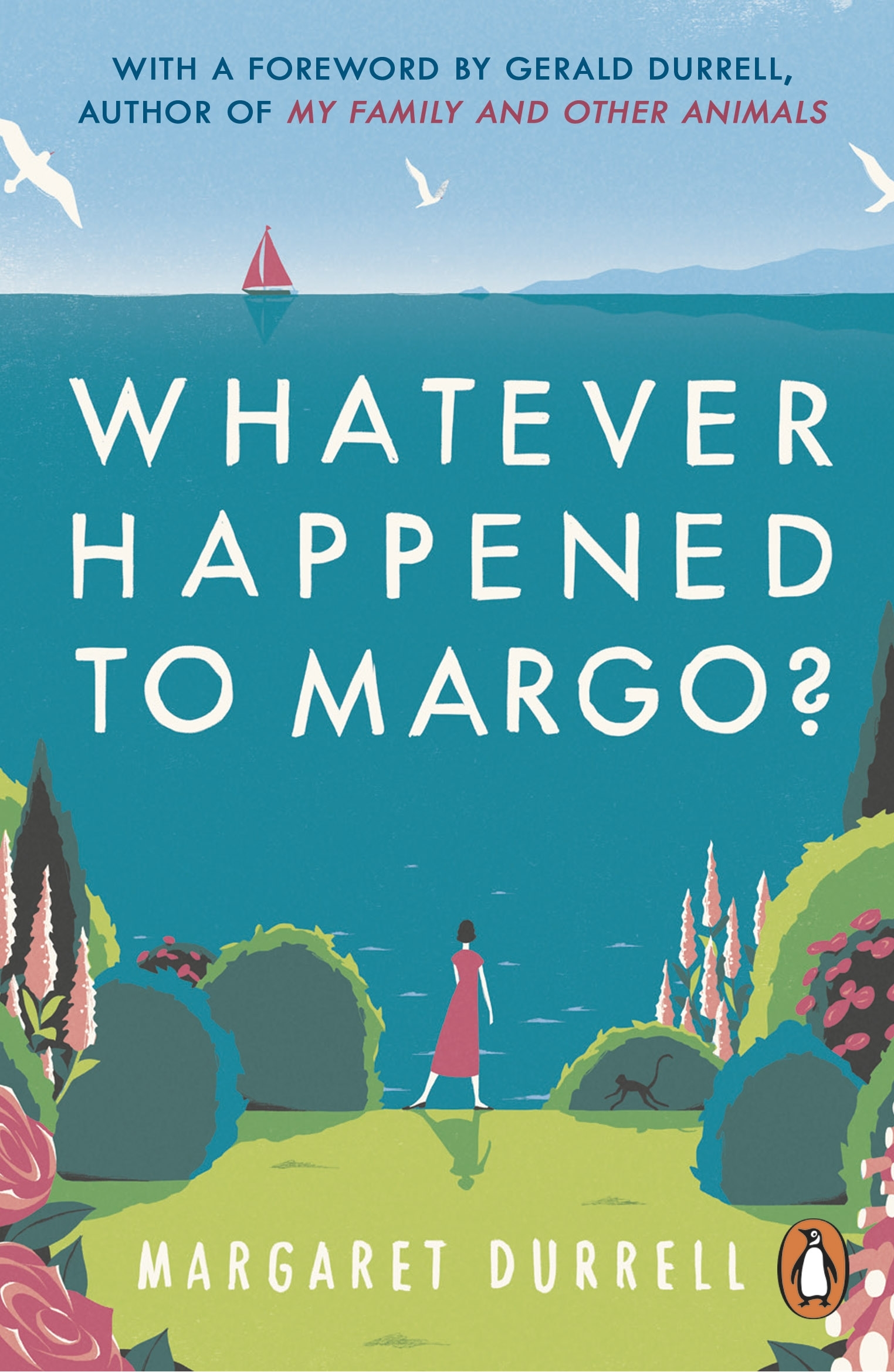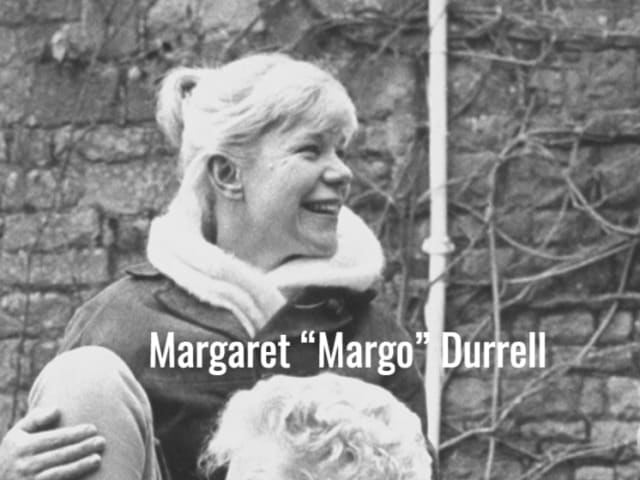Whatever Happened to Margo? by Margaret Durrell
Penguin
Pp. 259
Those who read Gerald Durrell’s Corfu Trilogy about the escapades of the
Durrell family on the Greek island in the 1930s, will be familiar with the
character of Margo, and may indeed be interested in discovering what became of
her. Fortunately for them, she has written a book about her subsequent life as
a landlady in a Bournemouth boarding house. Unfortunately, she is not as
entertaining a writer as her brother, and, whereas his anthropological remarks
on animals were amusing and informative, hers on people are snobbish and dated.
After prompting
from an aunt, Margo decides to buy a property across the street from her
mother’s house, with money which was “a legacy from my father – dwindled
somewhat”. She is ‘respectable’ and ‘middle-class’ with a divorce and two male
children to her name, but there is no evidence of actual work. Her plan to take
in a series of lodgers is a decent one especially since (one suspects) she has
no employable talents.
It is 1947 and
attitudes were different then, but the language and assumptions about her
lodgers are quite ugly when related to modern readers. Edward Feather is a
flamboyant red-bearded painter, leading to words like ‘nonce’ and ‘pansy’ being
bandied about and smirks about men who wear tight trousers. Harriet is an
eccentric old lady who accuses others of stealing her belongings while removing
all the lightbulbs in the public spaces; when the residents gather over
psychology books to decide what is wrong with her, at first they think she is
“on the change”, a theory they quickly discount as “she’s too old for such
capers”. Nelson is an obnoxious Billy Bunter type schoolboy (whom we are
supposed to like for some inexplicable reason) and his harassed mother, who
have fallen on hard times as their father/husband is in prison serving time for
assault of her mother; he broke a plate over her head and she had to have
twenty stitches.
Other residents
include a man who abuses his wife – no one does anything until they dislike the
noise – There is also Jane, a spinster, who is mercilessly ridiculed for being
unattractive; a man who comes into money, which makes him a catch; a pair of
musicians, one of whom Margo falls in love with; two glamorous nurses; and a
bloke trying to get a job and a partner with equally limited success – he has a
relationship with an Eastern European woman whom Margo, when she discovers she
is transgender, reports to the police and a psychiatrist. All the women are in
competition for men’s attentions, and the men are all expected to drool over
attractive young females, while making fools of older ones. “It was surprising
what a compliment from another man could do, lifting the drabbest of married
women almost to prettiness.”
In a nod to her
brother’s writings on animals, there are some in the house, including a dog (a
present from her brother, Leslie) that cocks a leg over anything it chooses,
including the baby’s pram. Gerald himself brings a python and a troop of
monkeys for her to look after, and of course they escape with hilarious
consequences. Meanwhile, the insufferable Nelson breeds mice to sell, causing
Margo to display one of her many peculiar views as she remarks that there are
“white mice breeding in the back lavatory like Communist China”.
The
descriptions of her mother as an uptight suburbanite are a long way from the
courageous woman who took her children to a Mediterranean island in search of a
better life, and mingled with a cast of colourful characters in Gerald’s books.
Here she is judgmental and small-minded, referring to a lovelorn woman as
“walking barefoot like some male aborigine with twigs in her hair”. Margo packs
her own children off to their father and takes Nelson on a trip to the seaside.
She seems more interested in him than in her own offspring, and one wonders
whether they will in time write their own account of these days in a
never-ending family spiral. If they do, let’s hope it is in the style of their
uncle rather than their mother.



